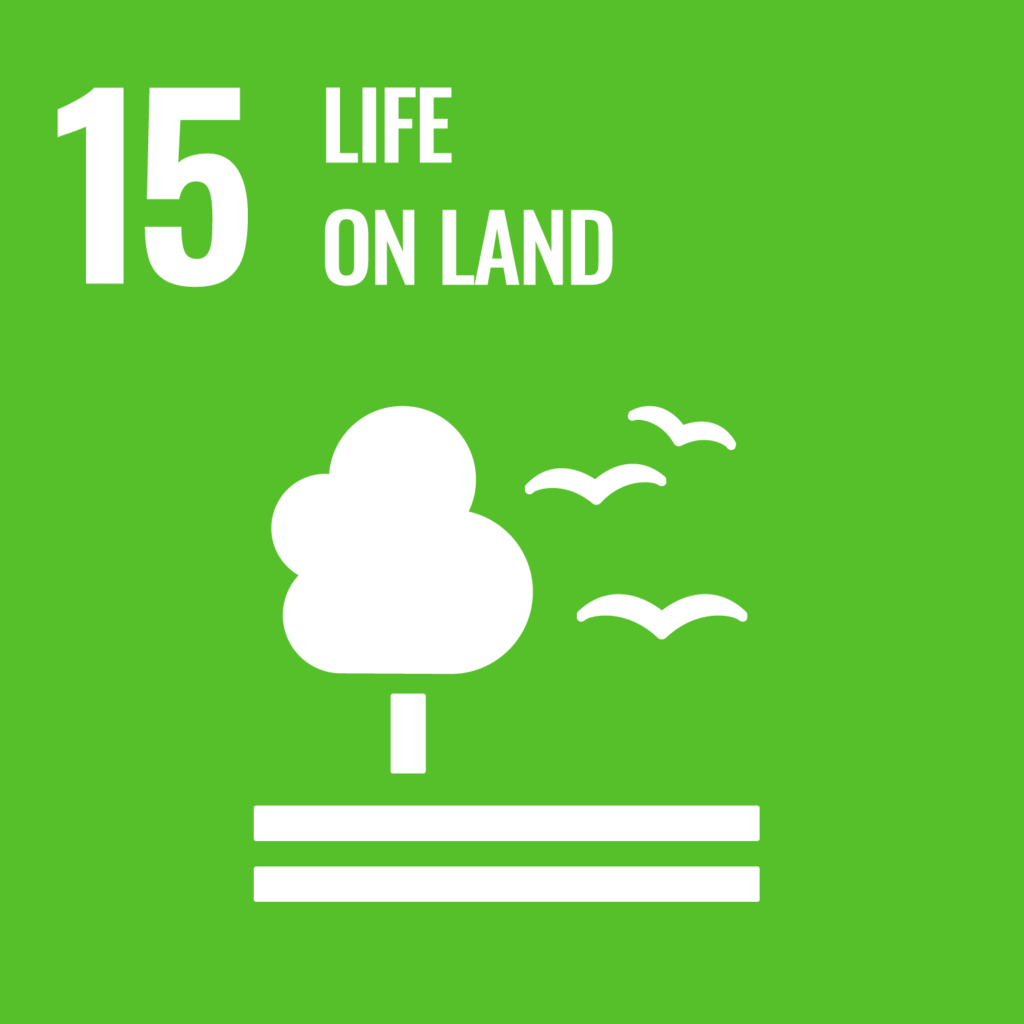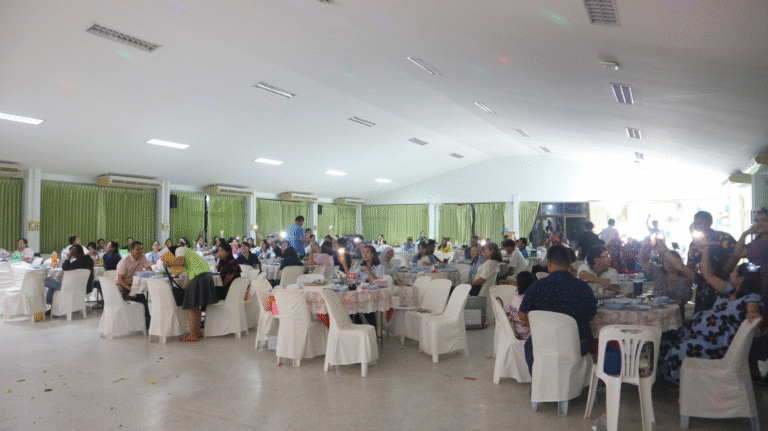Reporters:
Asst.Prof.Dr. Prapot Maliwan
Assoc.Prof.Dr. Pornsil Seephueak
Asst.Prof.Dr. Nion Chirapongsathonkul
Asst.Prof.Dr. Worawitoo Meesook
Evidence Date: during 2024 Jan-Dec
Related Indicators: 15.3.4
Details:
The Faculty of Agriculture, Rajamangala University of Technology Srivijaya (RUTS) integrates sustainability and ecological awareness into its curriculum through the subjects Basic Skills in Animal Science and Specific Skills in Animal Science. In these courses, students learn the scientific and practical approaches to managing alien plant species for agricultural benefits while conserving the ecosystem. One example is the use of Napier grass (Pennisetum purpureum), an alien species widely introduced for livestock feeding. Students study both its fresh and fermented forms, exploring how fermentation enhances nutritional value and digestibility for ruminants. Lecturers emphasize that alien species, when managed properly, can contribute to ecosystem balance and sustainable resource use. Students also learn about the risks of uncontrolled alien species expansion, which can threaten native biodiversity. This helps them understand the importance of scientific management in agricultural ecosystems. The classroom lessons combine theory and field demonstrations, ensuring that students develop hands-on experience. By the end of the semester, students gain essential knowledge on how to balance productivity with ecological responsibility.
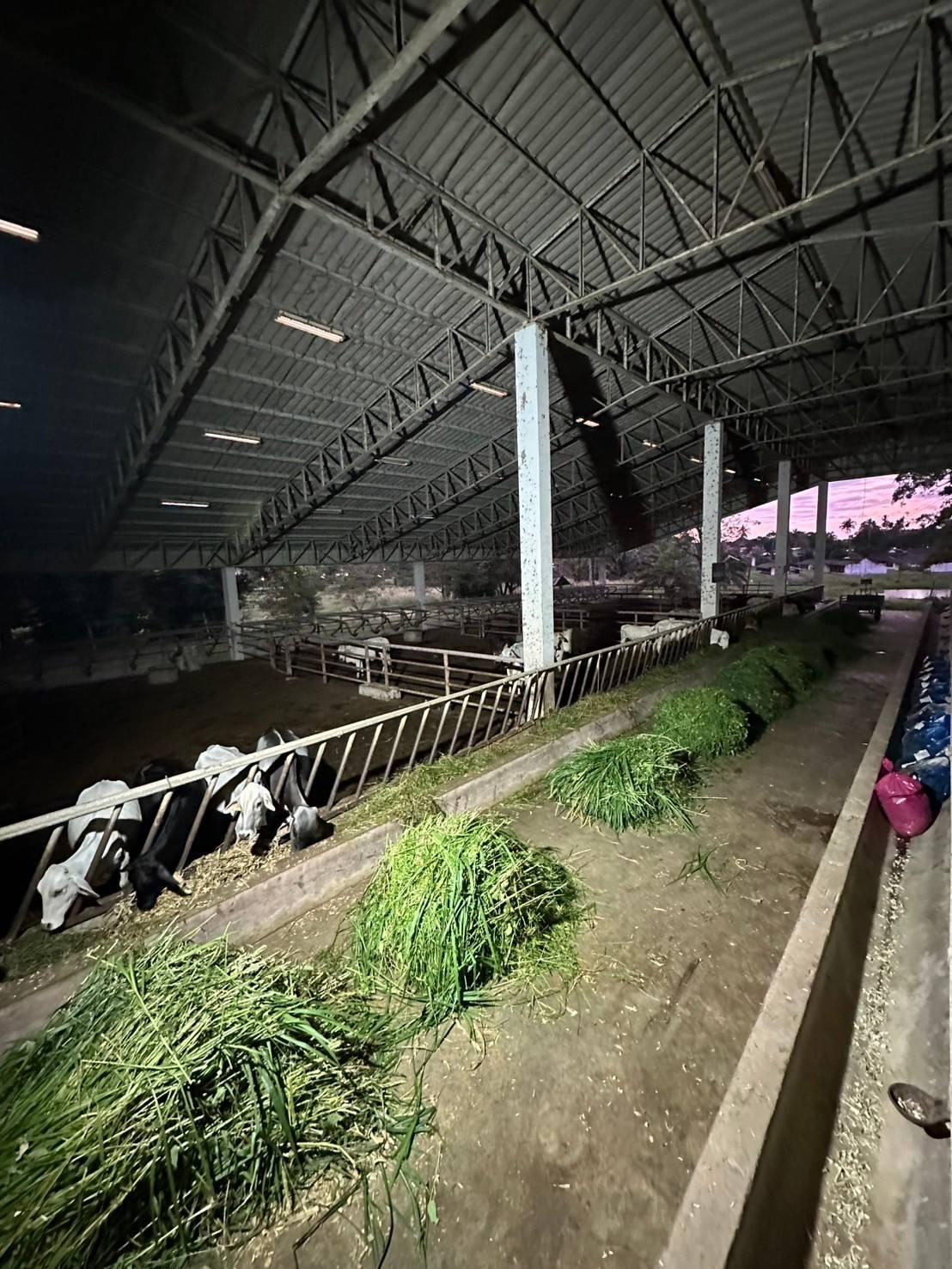
During laboratory and field training, students practice planting, harvesting, and fermenting Napier grass to produce high-quality animal feed. They compare growth rates, nutritional composition, and yield from different management systems. Through guided experiments, students analyze the chemical composition of fresh and fermented Napier, including crude protein, fiber content, and moisture levels. The training promotes a deeper understanding of how proper processing improves feed efficiency and reduces waste. Students also explore the ecological role of Napier grass in soil conservation, carbon storage, and erosion control when cultivated under sustainable conditions. Lecturers guide them to apply the concept of circular agriculture, where alien species like Napier grass become part of a low-waste production system. The training sessions highlight how responsible utilization of alien species can support both food security and biodiversity protection. This approach helps students see that sustainable livestock management must integrate ecological knowledge. It prepares them to make data-driven decisions in future agricultural practices.
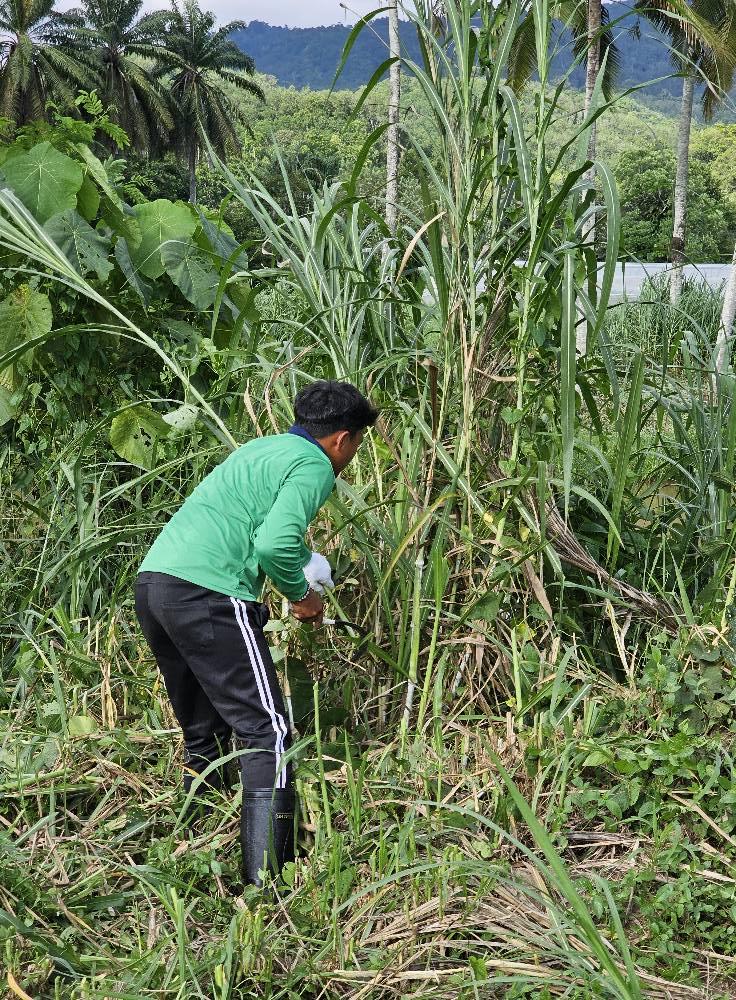
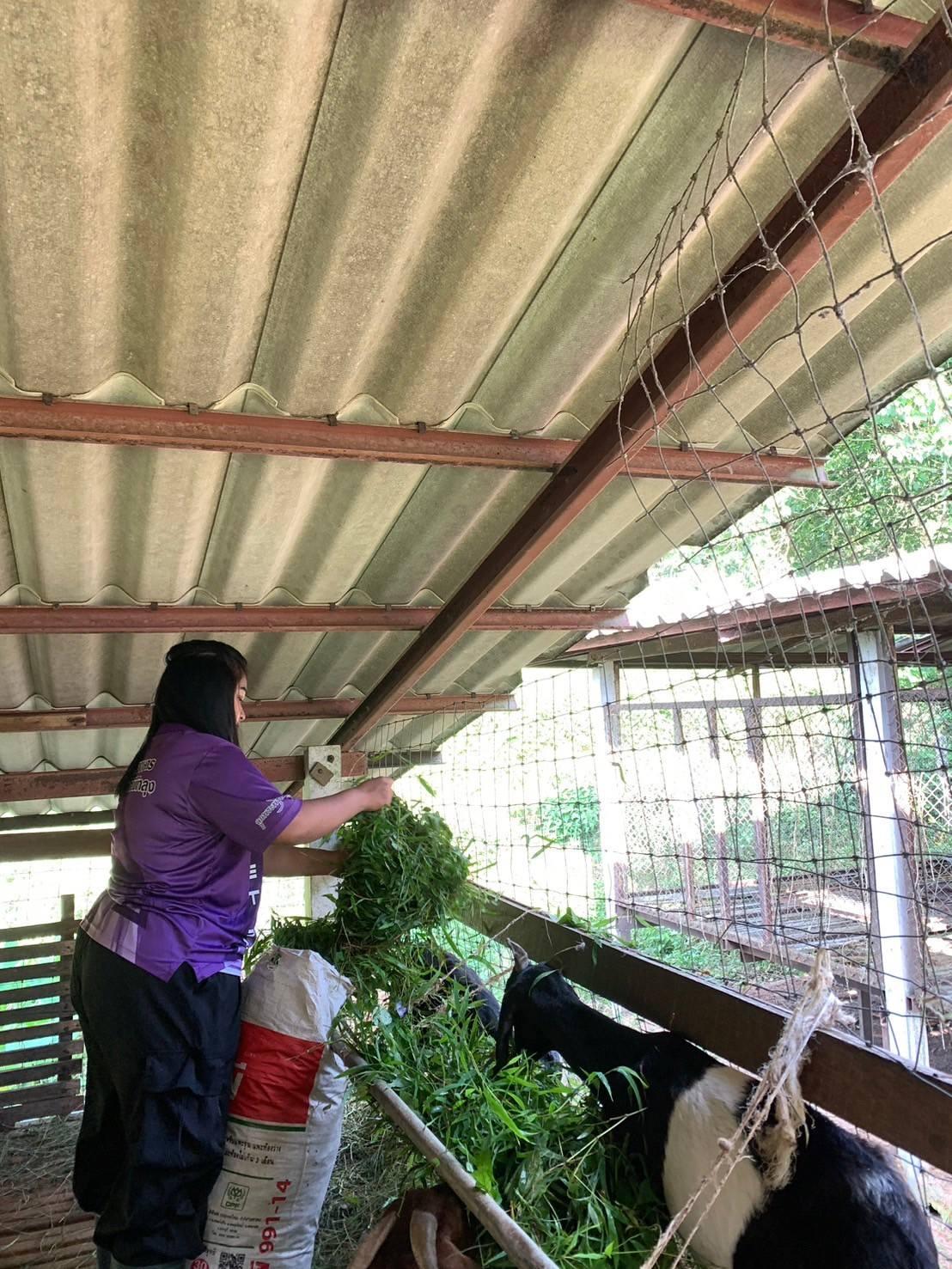
Students later strengthen their learning through CWIE (Cooperative and Work-Integrated Education) internships at various farms, such as Phatthalung Cooperative Farm and P’Ball Dairy Farm. These real-world experiences allow them to apply classroom knowledge in practical farm environments. Under supervision, students handle Napier grass cultivation, silage production, and livestock feeding management. They observe how farmers manage alien species effectively to support productivity without harming the ecosystem. The internship fosters collaboration between academia and the agricultural sector, promoting local sustainability. Students also share their findings and innovations with farmers, creating a two-way learning process that benefits both sides. This teaching model aligns with RUTS’s mission to develop graduates with both professional competence and environmental awareness. By using alien species like Napier grass responsibly, students learn how science can support ecosystem conservation and sustainable agriculture. Ultimately, the program nurtures young professionals who understand that sustainable resource management is key to a resilient future.
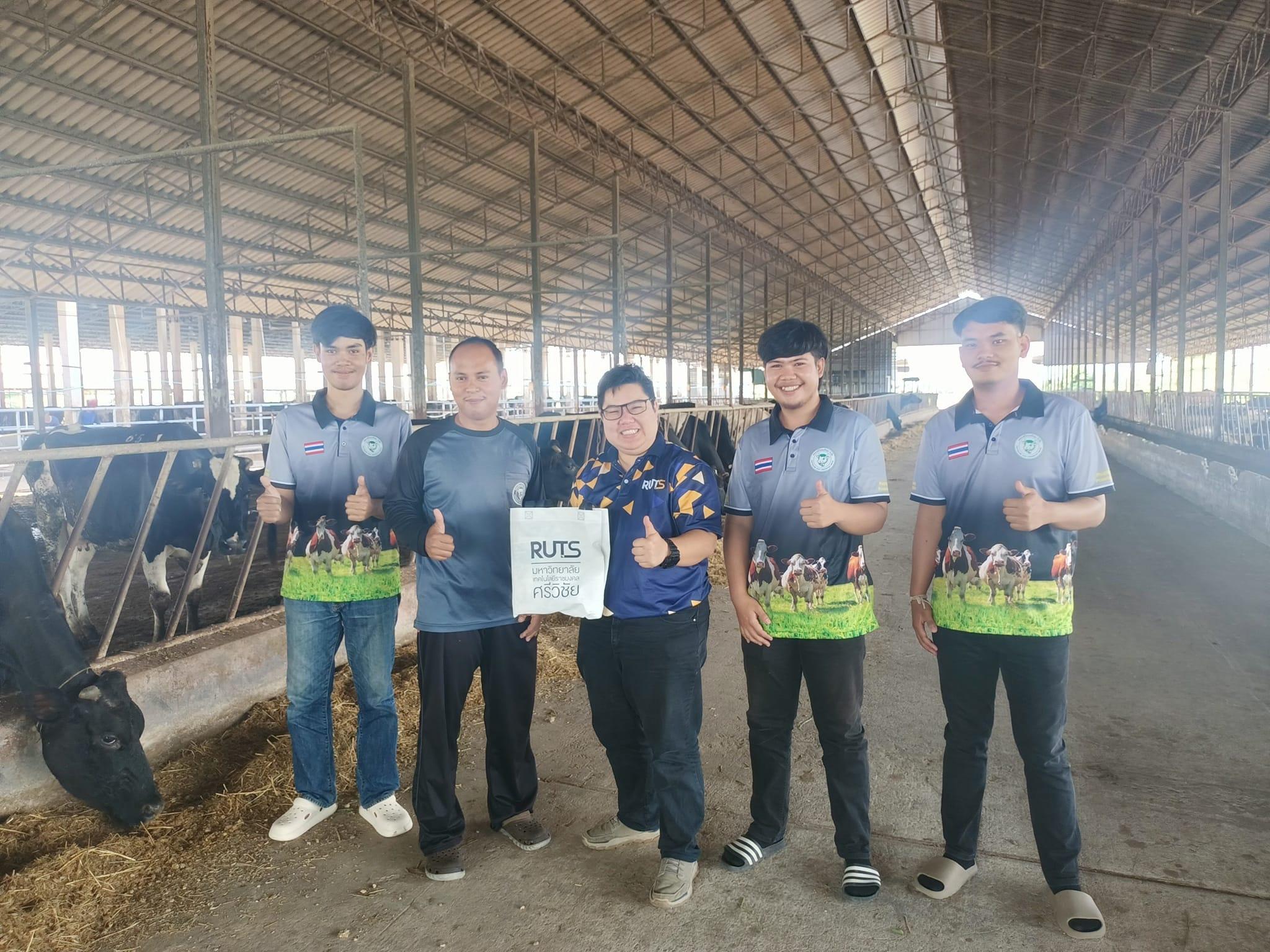
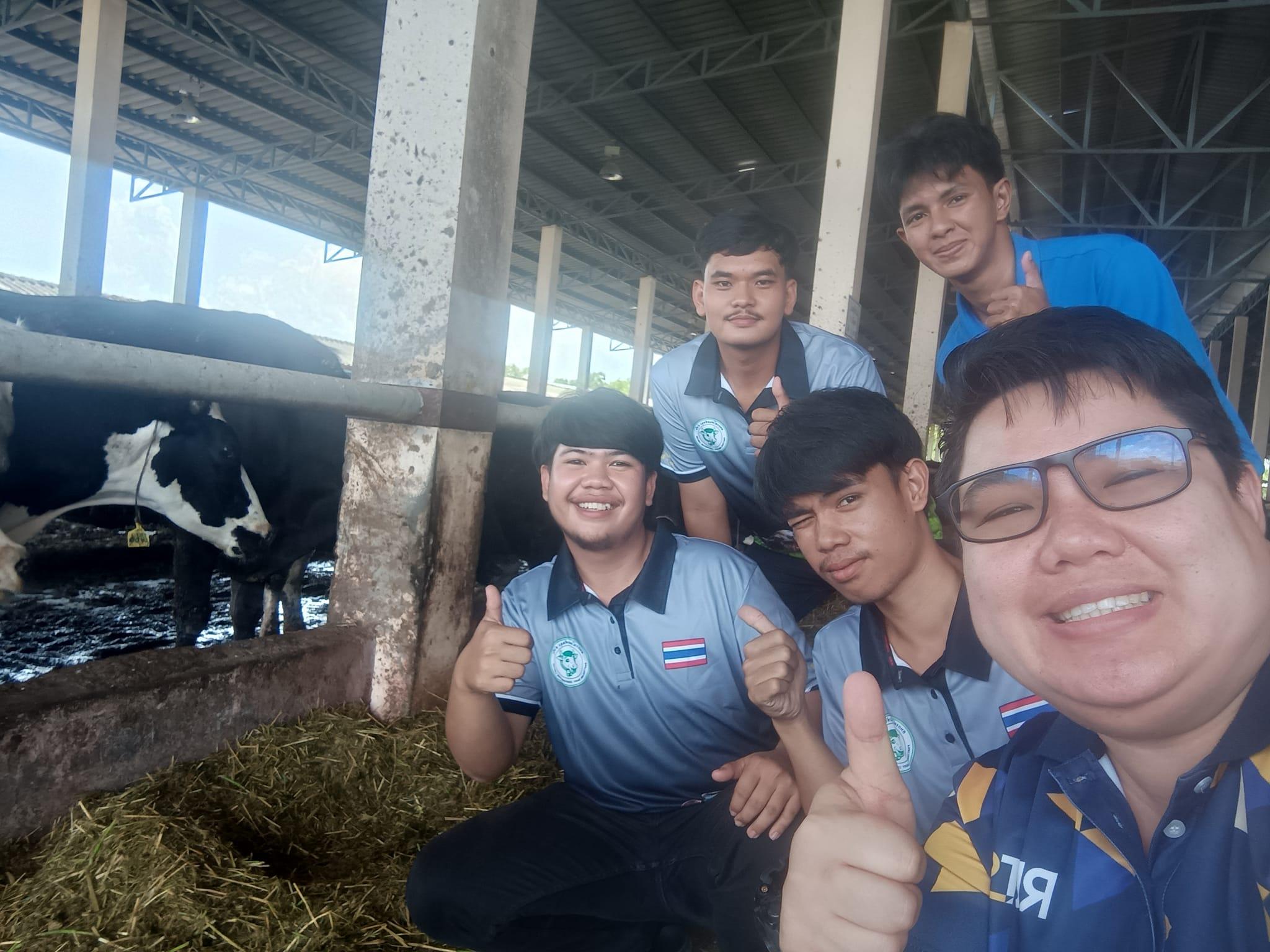
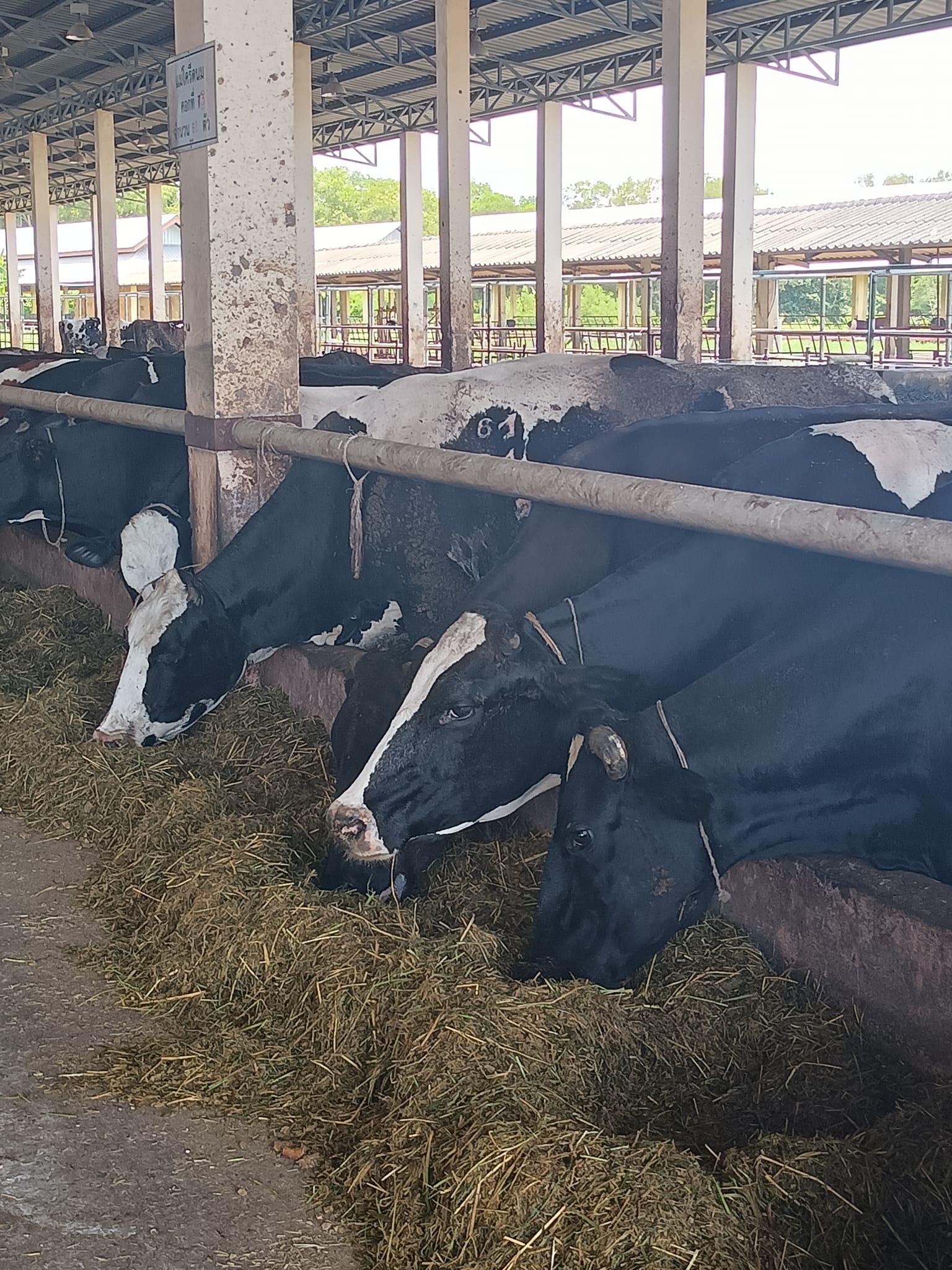
Related Links:

